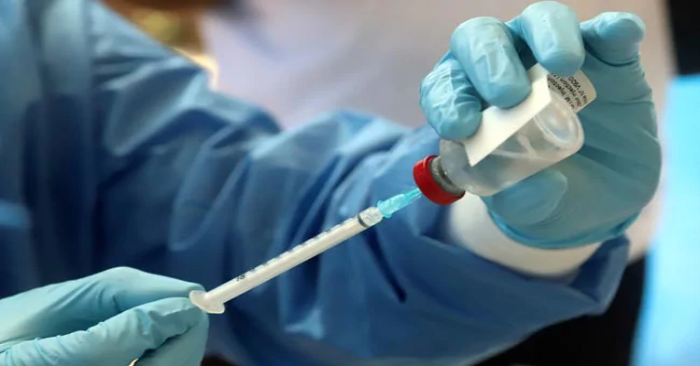The Zika virus was discovered for the first time in Kerala. Thiruvananthapuram has 13 positive samples.

The presence of the mosquito-borne Zika virus has been confirmed in Kerala for the first time. Twelve of the 19 samples sent to the Institute of Virology in Pune from within the Thiruvananthapuram Corporation boundaries tested positive for Zika.
The majority of them are employees of a leading private hospital in the capital, and they have all been discharged. However, the first confirmation of the presence of the Zika virus came from a serum sample sent to a private lab in Coimbatore from a 24-year-old pregnant woman. She was treated in a private hospital in Parassala, which was outside the Corporation’s jurisdiction. On July 7, the woman had a normal delivery, and her child is fine.
Though Zika is not fatal, it can be dangerous for pregnant women because the virus can be passed on to their babies, causing deformities. Nonetheless, even this is speculative. There haven’t been any studies to back this up. The infected lady’s newborn in Parassala was not infected. Her mother, who lives near the Tamil Nadu border, is said to have displayed similar symptoms a week ago.
According to health officials, adequate rest can easily control Zika infection. In fact, there is currently no antiviral treatment or vaccine available to combat the Zika virus. The best way to avoid mosquito bites is to avoid them during the day.
Dr Shinu K S, the District Medical Officer (DMO) of Thiruvananthapuram, stated that the Health Department had yet to receive written confirmation from Pune. “The information we now have was passed over the phone,” said the DMO.
He claimed that the Zika virus was discovered due to academic curiosity. “We tested all of these suspected patients for Chikungunya and Dengue because they were exhibiting typical symptoms, but the results were negative. But we wanted to make sure that the fever wasn’t caused by another virus. These exploratory tests were what led us to Zika “Dr. Shinu stated.
Typically, Zika is linked to neurological complications. A top health official, however, stated that none of the cases discovered in India had neurological complications. Dengue, Yellow Fever, West Nile Virus, and Japanese Encephalitis are all related to the Zika Virus. It can also be confused with Dengue and Chikungunya.
According to a Health Department source, most Zika infections are asymptomatic. Those who develop symptoms usually become ill three to twelve days after being bitten by an infected mosquito. Mild fever, headache, muscle and joint pain, nausea, vomiting, and general malaise are among the symptoms.
Pink eye (inflammation of the conjunctiva), a skin rash with red spots on the face, neck, trunk, and upper arms that can spread to the palms or soles, and light sensitivity are all symptoms of the illness. Some people may also experience nausea, diarrhoea, abdominal pain, constipation, and dizziness. Most people recover completely within seven days of contracting the illness.
The following is what the medical literature says about Zika: “The Zika Virus (ZIKV) of the Flaviviridae family causes Zika Virus infection. The virus is primarily transmitted by infected female Aedes aegypti and Aedes albopictus mosquitos that bite during the day from dawn to dusk.”
The viral infection, which is most common in Mexico, Central and South America, and the Caribbean, was first discovered in India in 2017, when four people in North India were infected. In 2018, there were minor outbreaks in Madhya Pradesh and Rajasthan. In Tamil Nadu, there was also a minor outbreak.






